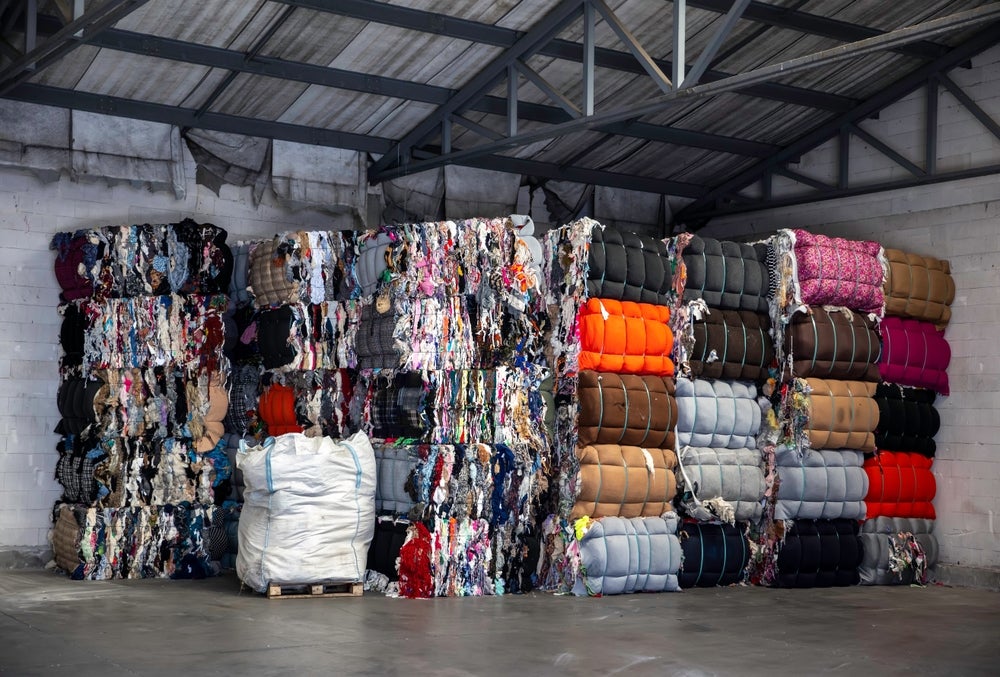
In the article published on Just Style titled ‘The Bangladesh strategy: What is the way forward?‘ David Birnbaum explained what the Bangladesh apparel industry has to offer to foreign transnational factory groups, and now he argues the importance of culture for ongoing success.
When you think of the terrible problems these corporations face when opening operations in different countries — no local industry, no trained workers, difficult logistics, unstable governments and no access to fabric or submaterials — Bangladesh is a taste of heaven. This is especially true if you consider the challenges the apparel industry is currently facing in Myanmar and Ethiopia.
The ultimate question facing Bangladesh’s garment industry leaders is: ‘Why them and not us?’
A state of arrested development for the Bangladesh apparel industry
For over 50 years the Bangladesh apparel export industry has been in a state of arrested development. It is a situation virtually unique in the historical records of our industry.
- It is unable to move from cheap mass commodities to higher value added fashion
- It is paying the lowest wages among the major garment exporting garment industries
- It is unable to move from garments to other higher value added industries.
The problem is not the factories as Bangladesh is home to some world-class factory operations both local and foreign-owned.
How well do you really know your competitors?
Access the most comprehensive Company Profiles on the market, powered by GlobalData. Save hours of research. Gain competitive edge.

Thank you!
Your download email will arrive shortly
Not ready to buy yet? Download a free sample
We are confident about the unique quality of our Company Profiles. However, we want you to make the most beneficial decision for your business, so we offer a free sample that you can download by submitting the below form
By GlobalDataThe problem is not the people either as well-trained Bangladeshi workers, technicians and managers are the equal of anyone anywhere else.
The issue is all about culture as successful companies succeed because they imbue their people with a culture of respect, while failing companies have a culture of failure.
Examples of companies creating a positive and successful culture
Youngone Corporation in Vietnam
Some years ago, the company decided to open a very large branch factory in Vietnam. Youngone faced serious potential risks and problems. Their product — anoraks — is among the most complex in the garment industry. To succeed, the company would have to send the very best and most qualified engineers and managers to train the local Vietnamese staff. Youngone’s best were their own Bangladeshi people, so the Korean-owned company sent their Bangladeshi staff to train Vietnamese technicians and managers. And, those Bangladeshi professionals did a world-class job.
Esquel in Vietnam
More recently Esquel decided to open a branch factory which was also in Vietnam. The Hong Kong management and technicians travelled to Vietnam to train the local staff. However, the woman selected to be the factory manager was sent to an existing Esquel factory not only to develop the necessary skillsets but more importantly to understand how to become a successful part of Esquel. The woman selected for the job had no previous apparel industry knowledge, but the chairman Marjorie Yang was less interested in existing skillsets and more interested in the person’s ability to become part of the Esquel culture.
Successful factories in the Bangladesh apparel industry will share commonalities based on culture
Successful factories overseas do share cultural commonalities which are as follows:
- The company’s greatest asset is the worker. The successful factory strives to achieve a 100% commitment from each employee.
- Success is built on mutual respect between the management and their workers.
- In the successful factory everybody from the general manger to the person who sweeps the floor takes responsibility: In this respect, responsibility is not blame. It is not four people sitting a table deciding who is at fault and where one person points his finger. Responsibility is about ownership: “This is my job. I own it. I am responsible.”
This defines and creates a can-do culture where the difficult is easy, the impossible takes a little more time and it defines a successful operation.
In the course of publishing articles and posts, I often become involved in extended discussions with readers.
During the course of a conversation with Shahi Exports quality assurance manager in India, I discovered why he is perhaps one of the most important people in the company.
Indeed, without his full time efforts quality would decline, business would be lost, and the company would find itself in trouble.
Clearly, this man is held in the highest esteem. From time to time, the managing director himself would drop-by to ensure all is going well and ask for his valued opinion.
Managing the quality assurance of a product is a very important job and the right person in that role deserves considerable respect. On the other hand, Shahi Exports is possibly the largest apparel factory group in India, employing 100,000 people at 65 factories. All of this speaks well of Shahi senior management who have developed a first class specialism in what is an extremely crucial position.
The stories shared above relate to three very different companies— Korean, Hong Kong and Indian but who share the same understandings.
If you come from a national culture, particularly one where the boss is the decider and everybody else is the boss’s assistant, the company will not succeed because no one will take responsibility. And where the mentality is based on ‘I cannot do it’ this quickly becomes invariably confused with ‘it cannot be done’.
This is the secret to the success that every foreign transnational factory group needs to understand.









Related Company Profiles
Youngone Corp
Shahi Exports Pvt Ltd